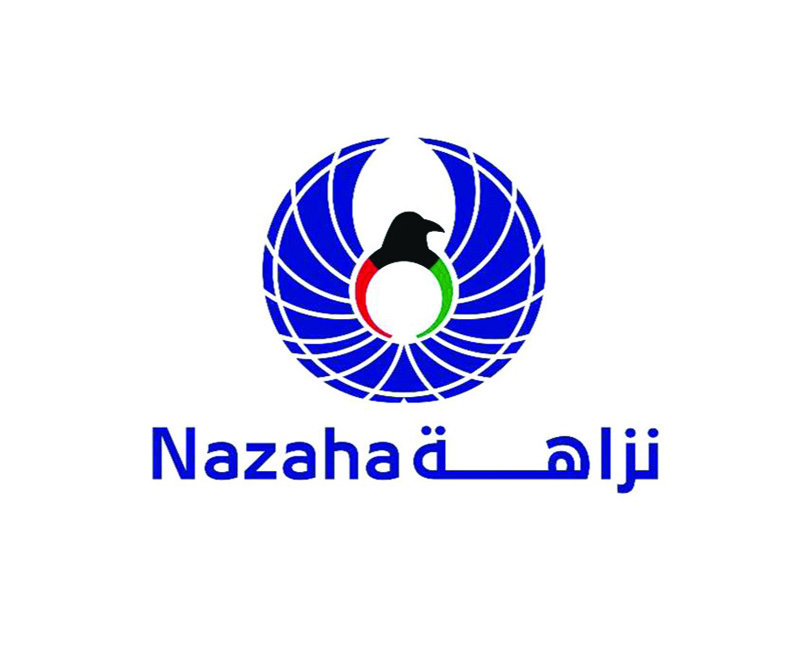
KUWAIT: Representatives of the United Nations, the UN Development Program (UNDP) and the UN Office on Drugs and Crime (UNODC) appreciated efforts of the Kuwaiti government to promote transparency and combat corruption in collaboration with their agencies. Kuwait is one of the countries that have taken important measures to manage the ongoing pandemic by mobilizing the necessary resources to face the health crisis, avoid global economic collapse and ward off a potential recession, they said in a joint statement.
The statement, marking International Anti-Corruption Day, was issued on Wednesday by the Office of the Representative of the UN Secretary-General and Resident Coordinator to Kuwait Dr Tarek El-Sheikh. "In taking such emergency measures, some states may have relaxed safeguards by trading off compliance, oversight and accountability for quick response and achievement of rapid impact, thus creating unprecedented great opportunities for corruption," according to the statement.
Corruption associated with the public health sector disrupts all stages of an effective healthcare system: Procurement and distribution, management of food supply chains and sanitation, as well as research and development. Therefore, this year's International Anti-Corruption Day campaign will focus on measures to reduce the risks of mismanagement and corruption without compromising the speed and flexibility required by the health crisis, while ensuring a comprehensive recovery, the statement noted.
"The lack of oversight, transparency and stakeholder participation due to the urgent responses required during the pandemic has exposed areas of weakness as well as weakness in governance systems and the provision of public services in all states of the world. States need to address these weaknesses by harmonizing their national legal frameworks with the UNCAC. Kuwait participated in preparing the agreement in 2001 and it has been ratified by the Kuwaiti National Assembly in 2006," Sheikh affirmed.
"A general authority for anti-corruption was also established in 2016, it is considered a major Kuwaiti achievement towards adopting transparent, serious and fair practices. This year's slogan 'Recover with integrity' focuses on recovery through the mitigation of corruption and emphasizes that a comprehensive recovery from COVID-19 can only be achieved with integrity," he added.
Hideko Hadjialk, the UNDP Resident Representative in Kuwait, said, "Transparency and integrity are essential in the prevention of corruption that occurs in different forms in terms of size and scope." "The United Nations is here to support countries' efforts to prevent and address corruption through capacity development, awareness-raising, financial management and reporting. "The recent International Anti-Corruption Conference in South Korea offered innovative ways to enhance anticorruption efforts, which member states can adapt to each country context," she pointed out.
Judge Hatem Aly, Regional Representative of the UNODC for the Gulf Region, said, "The International Anti-Corruption Day 2020 comes at a time when our world suffers from the spread of a global pandemic that continues to unfold." "People have lost jobs and social protection during the crisis. At times like these, corruption fuels more instability. "Now more than ever, governments need to use the tools provided by the United Nations Convention against Corruption to further strengthen anti-corruption bodies, improve oversight over stimulus investments, and increase transparency and accountability," he noted.
"I commend the continuous commitment shown by the government of the State of Kuwait, represented by the Kuwait Anti-Corruption Authority (Nazaha), in its long-standing partnership with the UNODC and the UNDP in development of the national anti-corruption strategy in preparation for the solid implementation of this strategy at the sectorial level. To fight corruption this year, let us commit to recovering better by recovering with integrity," he added.
Meanwhile, UNODC Executive Director Ghada Wali said, "As guardian of the Convention, the UN Office on Drugs and Crime has supported 179 countries to date to implement this global framework, and we are working with governments to promote anti-corruption action in the COVID-19 response and recovery. A world made poorer and more fragile by the pandemic cannot afford to let corruption compromise our efforts to build forward, or our hopes for a fairer future. We need to stand up for justice and stand united against corruption."
"Countries of destination and origin need to work as partners, to deny safe haven to the corrupt, stop illicit financial flows and return stolen assets. "Together, we can unleash the power of diversity and inclusion by engaging all actors - women and youth, the private sector, civil society and academia - to protect our systems against corrupt networks and practices, and end impunity," Wali underscored.
"In advancing anti-corruption action, we can build more resilient societies, and get back on track to achieve the Sustainable Development Goals. On this year's International Anti-Corruption Day, let us commit to recovering better by recovering with integrity," she concluded. - KUNA








